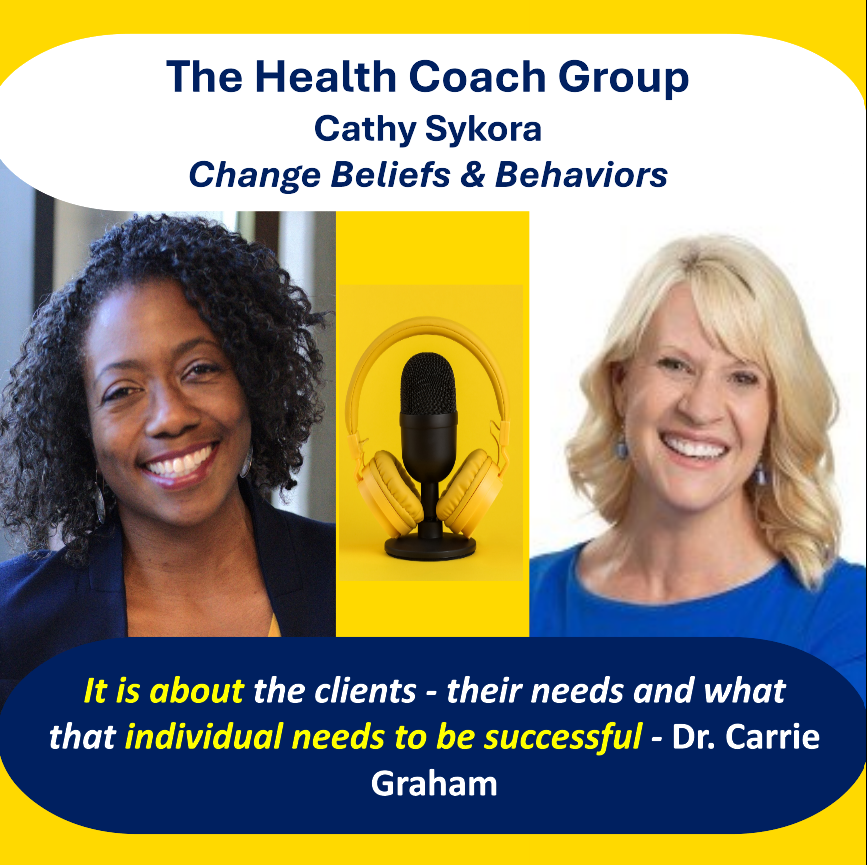
In this episode of the Health Coach Group podcast, host Kathy interviews Dr. Carrie Graham about applying adult learning principles to health coaching and wellness practices. Dr. Graham shares her unique journey from sports medicine and Division I athletics to earning a PhD in adult learning and workplace learning, explaining how her healthcare background provides the foundation for her current work in training and development. The conversation explores common challenges health coaches face, including client motivation, information overload, scope of practice limitations, and implementation struggles. Dr. Graham emphasizes the critical difference between adult and child learning, noting that adults bring decades of life experiences, habits, and belief systems that must be acknowledged in any professional development plan. She introduces her ERA framework (Engagement, Retention, Application) as a structured approach to creating effective learning experiences. The discussion covers how health coaches can stay within their scope of practice while still providing meaningful guidance, the importance of understanding individual client needs rather than using one-size-fits-all approaches, and how to create customized learning journeys that lead to actual behavior change. Dr. Graham stresses that effective training and development must be client-centered rather than provider-centered, comparing it to healthcare's patient-centered approach. The episode concludes with information about her training assessment tool and upcoming group program designed to help wellness professionals develop leadership qualities and create more effective training systems for empowering employees and clients.
Listen Here > https://www.youtube.com/watch?v=laKYLJvH5VA
Key Insights:
Dr. Graham emphasizes that effective health coaching and training development must recognize that adults bring decades of established habits, beliefs, and life experiences that cannot be ignored or overridden with simple instruction. She advocates for client-centered approaches that match individual needs and circumstances while staying within professional scope of practice, using structured frameworks like ERA to ensure both engagement and actual implementation of wellness strategies.
Listen Here > https://www.youtube.com/watch?v=laKYLJvH5VA
Read > Human Side of Change: Employee Readiness Matters
Subscribe > C.A.L.M. Email for weekly industry insights
Get practical tools, strategies, and resources to design and deliver impactful training programs — right in your inbox.